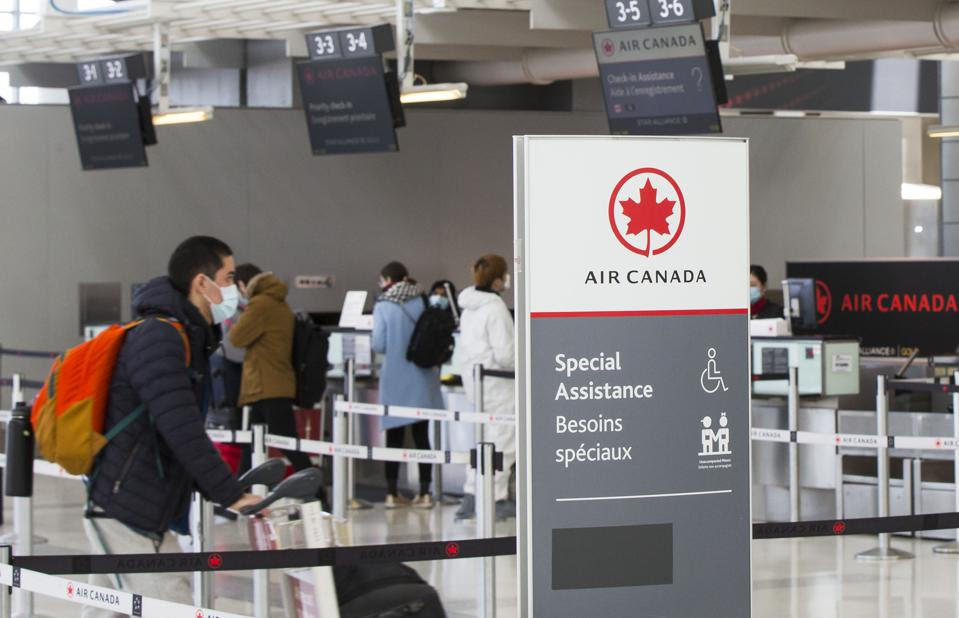
International travellers must have an essential reason to come to Canada
Canadian travel restrictions will continue until January 21.
Canada’s border will be closed to foreign nationals who are coming for a non-essential reason. Border officials will turn away any traveller coming for reasons such as recreation, tourism, or entertainment.
The government is moving the date to align with travel restrictions imposed on U.S. travellers, according to a media release. Current travel restrictions are in place for U.S. travellers until December 21, and are likely to be extended.
Canada is also amending its order and creating a framework for considering applications from high-performance amateur sport organizations seeking to hold International Single Sport Events. Applicants would need to include written commitments of ongoing support from regional governments in order to be considered. They will also need a robust plan to protect public health and the health of participants. The government will be releasing additional information on the Department of Canadian Heritage’s web site.
Some people are already exempt from travel restrictions, such as:
Originally, travel restrictions went into place from March 18 to June 30 in an effort to stop the spread of coronavirus. Since then, they have been rolled over on a month-by-month basis.
In October, Canada eased travel restrictions on students, and extended family members.
The federal government is also allowing people to come to Canada for compassionate reasons, such as:
Before coming to Canada, compassionate travellers can fill out a an application to get limited release from quarantine before the 14 days are up.
Travellers to Alberta may also be able to get early release from quarantine.
The only other exemptions to the mandatory 14-day quarantine requirement are:
In all cases, Canadian border services officers have the final say on who gets to enter the country.
Canada has a separate order in place that has also limited cross border travel between it and the U.S. since March. This order was extended earlier this month.